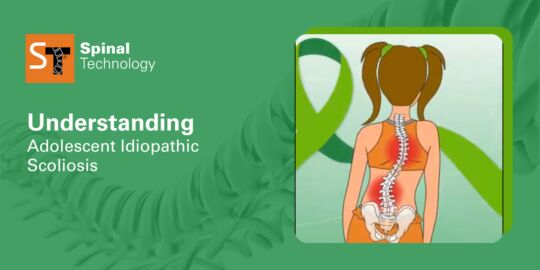Educate Yourself
Being confronted with a scoliosis diagnosis can be overwhelming. It's important to know the facts and the reality so that it doesn't seem so scary. We have developed some resources on our website, as well as on our social media channels that can help you understand what to look for, what the signs are, and what to do if you or someone you know has scoliosis.
It's going to be ok. We've got your back!
1. What is Scoliosis?
Scoliosis is defined as the lateral deviation of the normal vertical line of the spine which, when measured by x-ray, is greater than ten degrees. Scoliosis consists of a lateral curvature of the spine with rotation of the vertebrae within the curve. Rotation of the vertebrae also occurs which produces the rib cage and flank muscle asymmetry.-SRS.org
2. How Common is Scoliosis?
According to the National Scoliosis Foundation, roughly 2-3% of the US population has been diagnosed with some form of scoliosis. Based on the 2020 census, that is close to 7 million people of all ages living with mild to severe cases of scoliosis.
3. What are the signs that someone has scoliosis?
There are six common signs that someone may have scoliosis. It is important to note that even if you see some of these signs, you should get a screening from your pediatrician or the school nurse to confirm it. In many cases, it is not severe enough to need treatment.
- Your head looks off-center
- One shoulder looks higher than the other
- One shoulder blade is more prominent than the other
- Your trunk and ribcage appear shifted to one side
- Your waist and hips look uneven
- Your clothes may hang unevenly
4. Why is early detection important?
If you have regular checkups or participate in the school screening for scoliosis, many times even if a curve is detected it is mild enough that all you need to do is be aware and monitor the curve over time. Early detection of the curve is important so that it doesn't progress or get worse without knowing about it. There are many non-surgical options to treat scoliosis that can prevent the curve from getting worse if it is detected early.
5. Is scoliosis contagious?
No. While researchers still don't know exactly what causes scoliosis, it is not something you can catch. It is believed to have some genetic components, so it may be hereditary, but even that is not 100% guaranteed. It is not a virus. Scoliosis is a curve in your spinal vertebrae.


